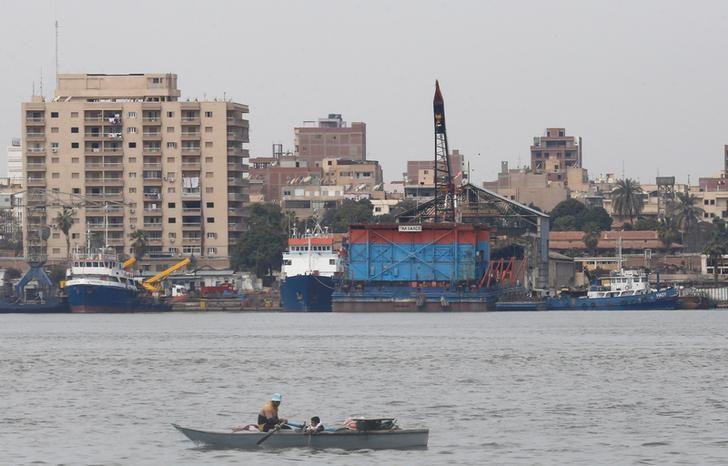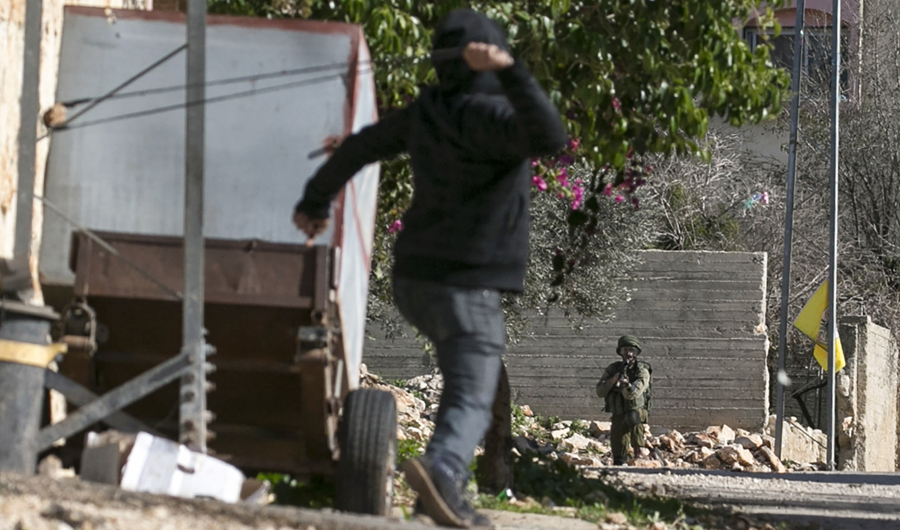Rival powers vying for space to grab in Syria’s east
BEIRUT: The planned US troop withdrawal opens up a void in the north and east of Syria, and the conflicts and rivalries among all the powers in the Middle East are converging to fill it. The sudden American decision to pull out its 2,000 troops has forced a reassessment of old alliances and partnerships. The Syrian government, the Kurds, Russia, Iran, Israel and Turkey have all had a hand in the country’s nearly eight-year war — each in a way, fighting its own war for its own reasons within Syria. Now all of those conflicts play out in the territory being abandoned by the Americans, creating new tensions, potential chaos and bloodshed. Here is a look at what is at stake.
The territory
The area up for grabs is around a third of Syria, forming a rough triangle. To the north is the border with Turkey, to the east the border with Iraq, and the third side is the Euphrates River. This was the heart of the Daesh foothold in Syria until the US partnered with a Kurdish militia, creating a force of some 60,000 fighters — including some Syrian Arabs and Christian Assyrians — that wrested it away from the militants.
The territory is strategically important. For the Syrian regime of Bashar Assad and its allies Russia and Iran, regaining it means re-establishing sovereignty. The territory was once the source of Syria’s wheat and barley, its dams generated electricity and it holds some of Syria’s richest oil resources. Without it, Assad will have a harder time with reconstruction and operating long term. For the same reasons, it’s been a source of income for the Kurdish militia.
Assad and Russia
Without the Americans, the door opens for Assad and his Russian backers to move in.
“The only obstacle preventing Assad from gaining control of the east was the US presence and the cover that it provided to the (Kurdish militia).
“With that gone … there is simply no real challenge that would prevent the regime from re-establishing control over those areas,” said Ayham Kamel, of the Eurasia group.
Abandoned by the US, the Kurdish fighters are forced to move toward Russia and Assad for protection against their more feared enemy, Turkey.
Syrian officials boast that the withdrawal is a defeat to America. Controlling the east would help seal Assad’s victory in the civil war. The American move also accelerates a trend by Arab states to normalize relations with Assad, whom they shunned for years. The UAE, a close US and Saudi ally, recently reopened its embassy in Damascus.
Turkey vs. Kurds, Russia and Assad
Turkey’s military, along with some 15,000 allied Syrian opposition fighters, is poised to launch an offensive in the east to break Kurdish control over the border.
But an offensive risks creating friction with Russia. In particular, it could wreck a cease-fire agreement the two reached over Idlib, the northwestern province held by rebels and extremist militants where Turkey has influence — enabling a Syrian government assault on the province. Russian and Turkish officials have been holding talks, trying to avert tensions.
Iran and Israel
A Syrian government move east means the spread of Iran as well. It will dramatically widen the land corridor where Iran enjoys free rein for its allied fighters, weapons and supplies across Iraq and Syria to Lebanon.
Already, Iranian-backed militias have expanded control over areas near Syria’s border with Iraq and freely cross back and forth. That has alarmed Israel. The likely result will be increased Israeli airstrikes against suspected Iranian-linked targets in Syria.
US, Turkey and Daesh
President Donald Trump dismissed the idea that the US needs influence in the conflict, saying Syria was nothing but “sand and death.” He claims the US mission there — to fight Daesh — has largely been completed. But Daesh still holds pockets and US-led coalition officials warn it could surge again.
There has also been growing unrest among Arab tribes in the east, disgruntled by the Kurdish-led administration. They too are likely to be a source of tension and may be leveraged by the different players for their own advantages.

Iran aims to distance Syria from its ‘Arab surroundings’ – Syrian opposition Turkey should not attack Kurds after US Syria pull-out: US national security adviser



